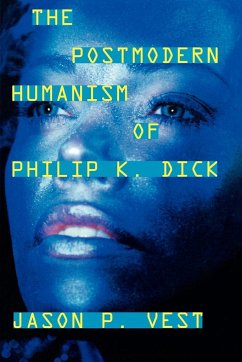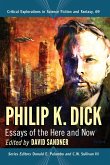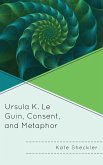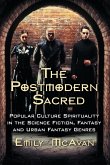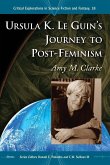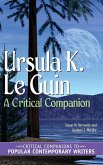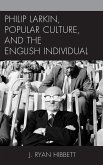In The Postmodern Humanism of Philip K. Dick, Jason Vest examines how Dick adapted the conventions of science fiction and postmodernism to reflect humanist concerns about the difficulties of maintaining identity, agency, and autonomy in the latter half of the 20th century. Vest also explores Dick's literary relationship to Franz Kafka, Jorge Luis Borges, and Italo Calvino.
Hinweis: Dieser Artikel kann nur an eine deutsche Lieferadresse ausgeliefert werden.
Hinweis: Dieser Artikel kann nur an eine deutsche Lieferadresse ausgeliefert werden.
The Postmodern Humanism of Philip K. Dick is an interesting and well-researched project with a good deal of deft close reading and thoughtful comparison. ... the detailed analyses themselves clearly demonstrate some serious thinking and reading. ... Consequently, I think that the volume's real value lies not in the overall premise, but precisely in the extended analyses of Dick's resonances with extra sf acceptance and recognition. From this perspective, the study may realistically appeal not only to sf scholars, but also to researchers of postmodernism as well as Kafkans, Borgesians, and Calvinoists. As such, is a much-needed bridge-builder not between two worlds so much as territories, one of which has had a particular tendency to treat the other with condescension. Science Fiction Studies Admirable and worthwhile...The book is useful for Dick scholars and literary scholars alike because Vest offers compelling readings of Dick's work and provokes interesting ways to think about Dick's corpus. The Journal of the Fantastic in the Arts
